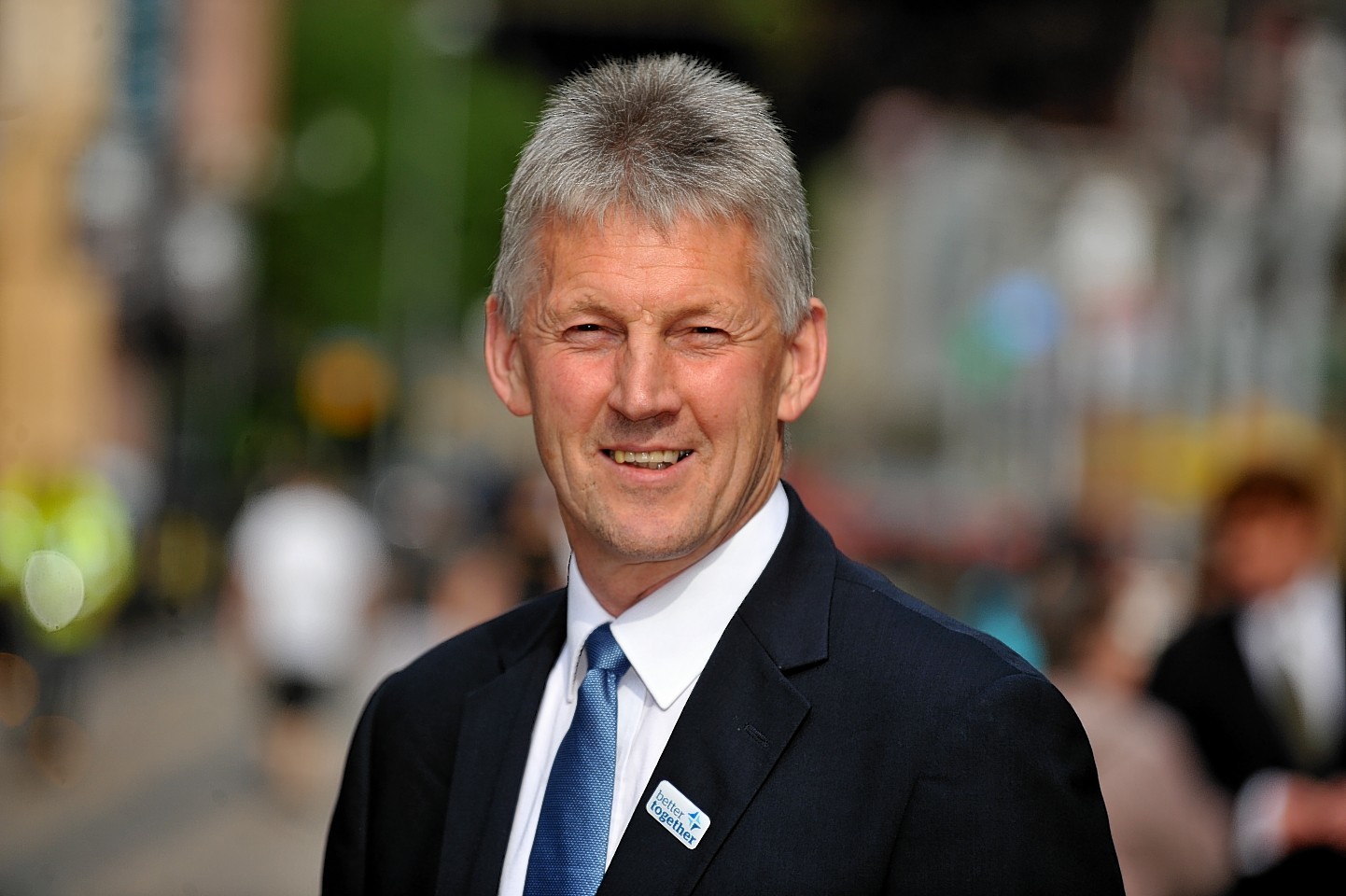After a year of deafening silence from farming ministers across the UK, new Defra minister, Michael Gove, barely six weeks into the job, unveiled his vision for a British Agriculture Policy.
His green Brexit speech set out some clear policy positions: No weakening of the current environmental rules; environmental policy needs to be rooted in science; an end to paying subsidies to farmers based on the size of their farms; a pledge that the £3billion of farm support would continue until 2022. But, and it is a big but, beyond that farmers would be competing with education, health and policing for future funding.
That support would have to be justified by demonstrating the clear environmental benefits it delivered.
He said a new reformed system of farm support would put environmental protection first. He did, however, recognise that there was an ongoing need to support upland farmers and crofters in Wales, Northern Ireland, the Lake District and Scotland.
When you strip away all the fancy language in reality what will this mean for farming businesses trying to plan beyond 2022?
For low ground arable, dairy and livestock producers, it means replacing the current basic payments with environmental stewardship schemes.
The key questions are, will they be compulsory or voluntary and how much money is likely to be attached to them?
For upland livestock farmers he recognises that strong financial support will be required beyond 2022.
The only question is, how it will be delivered?
Will it be stewardship type schemes, LFA support, limited coupled support or a mixture?
In a recent Horizon document AHDB highlighted a Defra study looking at the impact of removing farm support in the UK on a sector by sector basis.
It clearly demonstrated why continued support for upland livestock producers was vital.
It showed that more than 80% of dairy and horticulture producers and nearly 60% of arable farmers still had a positive income after the removal of all subsidies.
However, for the livestock sector only 30% showed a positive income while the other 70% were unable to survive or likely to suffer severe financial distress.
Slashing support to hill and upland farmers in the UK would empty our hills and glens of people and livestock.
That is a situation that the public would not support and Mr Gove to his credit recognises that fact.
So, Scottish farmers now know what the UK Government is thinking, but, is left wondering when the Scottish government will break their silence.
Last December, to much fanfare, NFU Scotland announced Jonnie Hall was going to be our man in Holyrood helping the Scottish government develop a new farm policy.
The then president, Allan Bowie, said there was “a huge workload to be completed in a very short time”.
Yet, it emerged in June at the Highland Show, Jonnie’s secondment had come to a premature end.
No reasons were given, but, according to senior sources, he left because of the Scottish Government’s preoccupation with IT and independence.
Instead, the Scottish farming minister announced the setting up of the rather grandly titled National Council of Rural advisers.
When they will report, and how they will feed into the UK white paper on farm policy in the autumn, no one seems to know?
